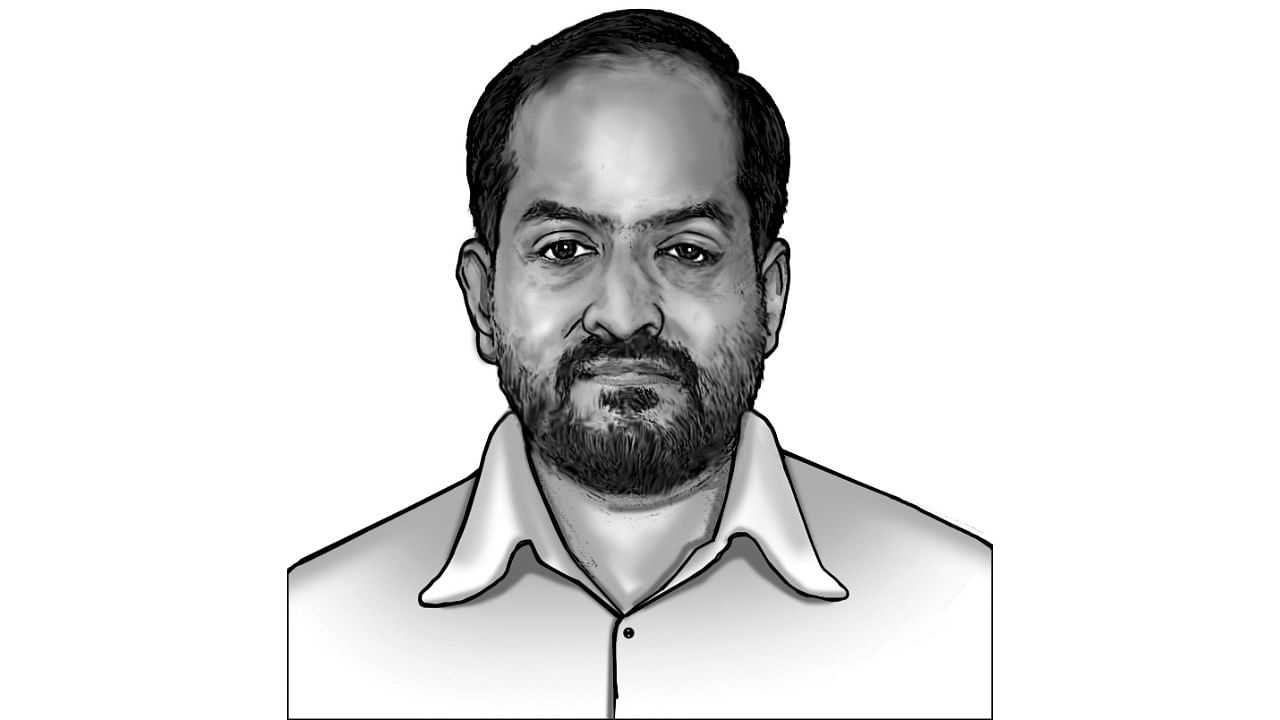
Venkatesh Nayak wakes up every morning thinking someone somewhere is hiding something
The 18th Lok Sabha will meet next week. Three gentlemen from Nirvachan Sadan, looking prim and propah in their bandgalas, handed over to Hon. Rashtrapatiji the list of MPs we elected. Experts are analysing voter behaviour from both macro and micro perspectives.
Reacting to the I.N.D.I Alliance’s victory in 230+ seats, PM Modi publicly, sarcastically,asked whether the EVM issue was dead or alive, because they had questioned the credibility of electronic voting earlier so vocally. Around the same time, the Chief Election Commissioner also smugly remarked, “Why accuse the poor fellow (i.e., EVM-VVPAT combo); let it rest for a few days.”
These high constitutional authorities want us to treat the election results as a vote of confidence for the EVMs and the Election Commission of India (ECI), whose impartiality came under question repeatedly. The final results are not a washing machine that will cleanse a fraught electoral process. Evaluation of the process requires access to adequate information but the ECI has not exactly been forthcoming in opening up its files for public scrutiny. The reluctance to adhere to the established practice of disclosing absolute voter turn-out data until forced to do so was but one example of this curious but deliberate niggardliness over information that ought to be public. Another worrisome development is the alleged mismatch between voter turn-out figures and the candidate-wise tally extracted from the EVMs. The ECI is yet to explain this discrepancy.
Every Returning Officer (RO) has a duty to scrutinise all forms and records generated at every polling station and send a report in a prescribed format to the Chief Electoral Officer (CEO) and the ECI with a recommendation as to whether the circumstances require a repoll. The RO indicates in this report how many EVMs were replaced on polling day and also how many voters had to use the ‘tendered vote’ because somebody else had impersonated them -- both common occurrences in several constituencies. In Bengaluru South alone, 53 machines were replaced on polling day.
I sought the proactive disclosure of these reports (only 543 records) through three RTI applications. ECI rejected them all, stating that I was seeking ‘clarifications’ and it does not constitute ‘information’ as defined by the RTI Act!
There were several reports of voters from marginalised communities being threatened into abandoning their right to vote. Surely these would have come to the notice of the designated Sector Officers who are required to report them to the CEOs and the ECI in prescribed formats. Vulnerability mapping of villages and urban localities down to each family unit is one of their main responsibilities so that arrangements can be made to bring these voters to the polling booth. Yet, none of these reports have ever seen the light of day. So how does one hold the intimidators accountable?
While the candidate-spending limit is between Rs 75-95 lakh in each constituency,depending on the state/UT in which one contests, civil society estimates that more than Rs 50,000-60,000 crore were spent during these elections. The ECI appoints expert observers to monitor election expenditure who send at least three periodic reports on this subject with considerable detail about who spent how much money, favouring whom. The ECI holds on to these reports like sarkari secrets, even though the election laws confer on every citizen the right to inspect them and obtain copies for a fee.
These are just a few examples of the election-related records that ought to be in the public domain for us to make an informed assessment of the electoral process, but are not. Free and fair elections are a basic feature of our Constitution. We, the people, must demand that all such reports and records be made public immediately.